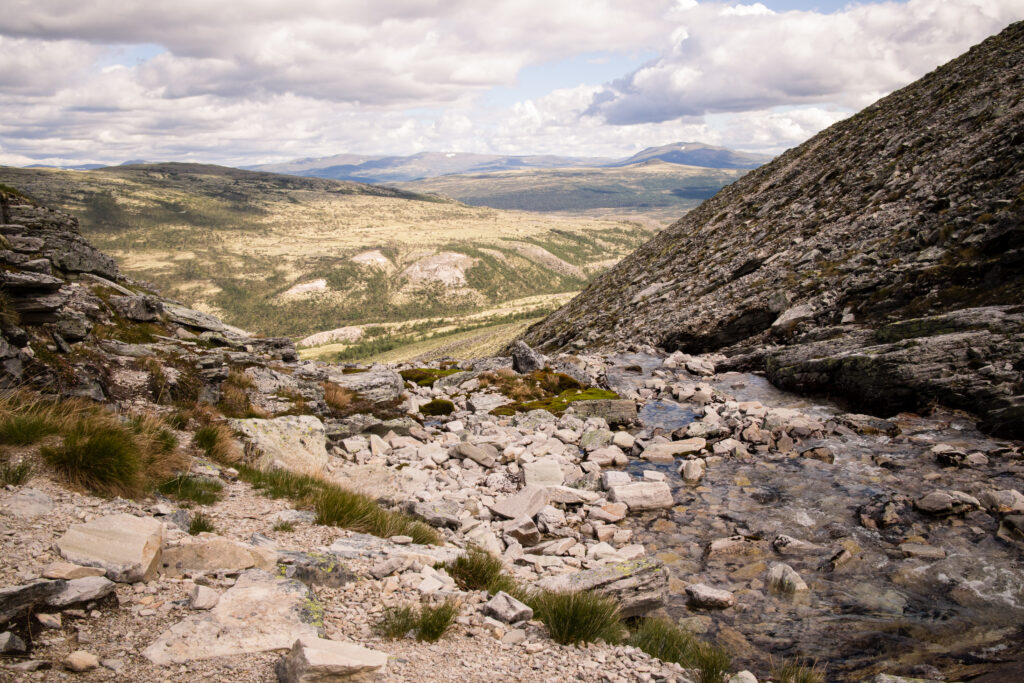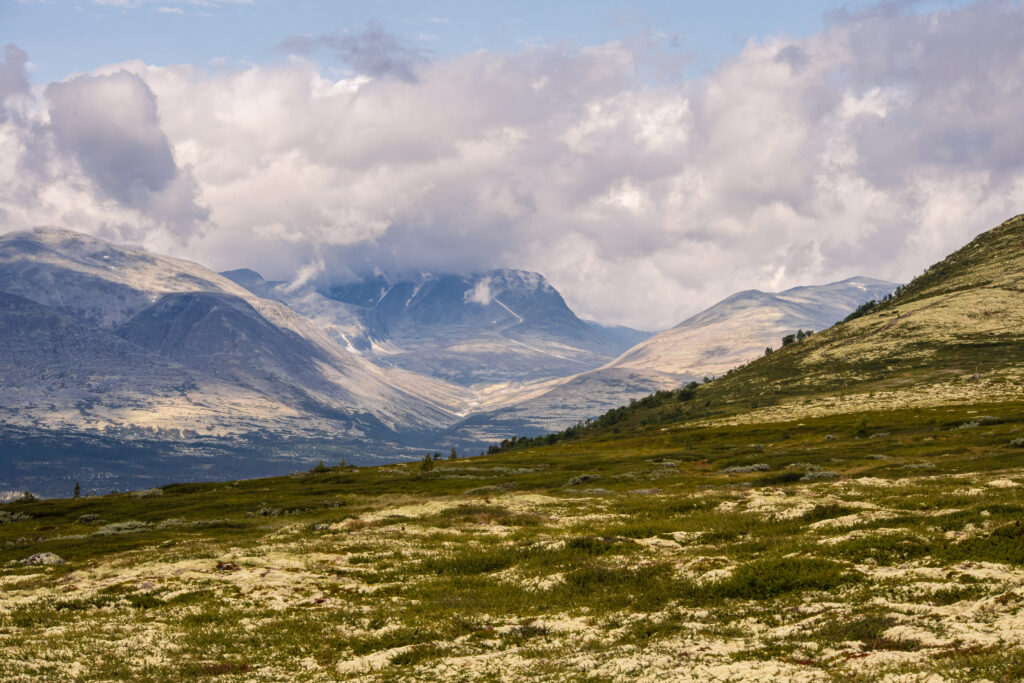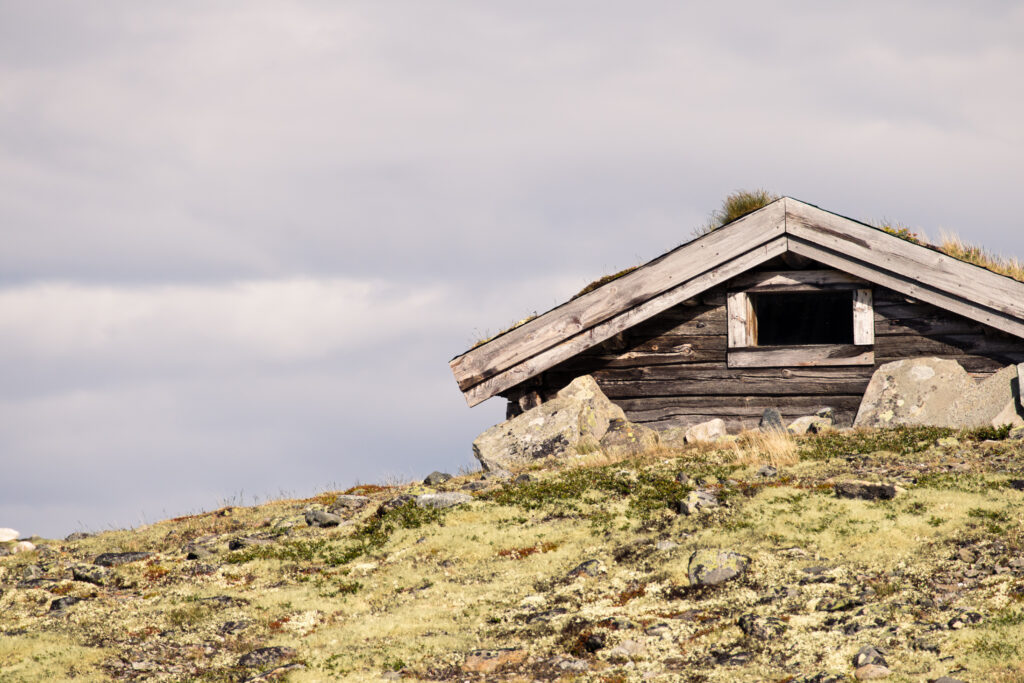
European Society for Research on the Education of Adults
Life History and Biography Network
22-25th June 2023 Trondheim
Exploring belonging and meaning:
Lifescapes – Landscapes – Timescapes
We would like to invite you to the ESREA Life History and Biography Network meeting 2023 in Trondheim. This year’s meeting will be organized slightly different from before and put a strong emphasis on the network part. We will combine opportunities to engage with others in on-line spaces during the spring and on-site collaborative activities during the meeting in Trondheim 22-25th June 2023. We will have several on-line seminars leading up to the meeting, as well as the possibility for everyone to contribute with short papers/blog posts that we publish continuously. For the on-site meeting, we want to ask everyone to consider contributing to the co-creation of a collection by writing a short essay. The idea is that when we meet in Trondheim rather than presenting to each other, we will explore the collection of essays together and work collaboratively with the theme of the meeting Exploring belonging and meaning: Lifescapes – Landscapes – Timescapes.
We see hope that this departure from the familiar approach of a conference towards a participatory network meeting will create new opportunities to think in dialogue together. However, we also acknowledge that this new approach might create many questions and uncertainties. Therefore, we would like to invite everyone to the second on-line seminar.
On-line Seminar 13th March 15:00-16:00 CET
Link to the Zoom room Passcode: 341145

Ways to contribute
On-line seminars
We want to invite everyone to the on-line seminars during the spring leading up to the meeting. Here, we will explore different topics related to the theme Exploring belonging and meaning: Lifescapes – Landscapes – Timescapes. The on-line seminars will combine presentations with discussions and an open-space to ask questions. In addition to participating, we would also like to invite everyone who is interested to present during an on-line seminar or want to suggest a specific topic to be covered to contact Patric Wallin: Patric.wallin@ntnu.no
We will have one on-line seminar per month during the spring on Mondays 15:00-16:00 CET. The preliminary dates are:
Monday 16.1.2023
Monday 13.2.2023
Monday 13.3.2023
Monday 03.4.2023
Monday 08.5.2023
More information and Zoom-links will be made available later.
Blog posts
We also want to invite everyone to consider writing a short paper / blog post (up to 500 words) on a specific theoretical concept/idea, a methodological approach, or something else connected to the themes outlined in the call below. These texts should be concise and make readers wonder. We will review and publish blog posts continuously leading up to the conference as a way to inspire others.
Important dates:
28.10.2022 – Call published
14.11.2022 – 31.05.2023 – Continuous review and publication
Essays
Finally, we would like to invite everyone to write an essay (up to 1000 words) in preparation for the on-site meeting in Trondheim. The essays will be peer-reviewed, and you will get feedback on them. Subsequently, essays will be assembled in a printed collection that we will work with during the on-site meeting in 2023. In this way, the essays resemble what normally would be abstracts or short papers for a conference. Essays here should be understood as an open category, as an opportunity to try or to attempt. They can resemble more traditional forms of abstracts or short papers, but can also be based on autobiographical, biographical, or imaginary life histories and narratives.
Important dates:
03.11.2022 – Call published
28.02.2023 – Draft submission deadline
03.04.2023 – Feedback from reviewers
01.05.2023 – Final submission deadline
22-25.06.2023 – Network meeting

Exploring belonging and meaning:
Lifescapes – Landscapes – Timescapes
Where can one ‘be, become and belong’ and what are meaningful educational places? The Life History and Biography Network meeting 2023 will meet to collectively address these questions. As a point of departure, we will conceptualize belonging as relational and situated, embedded in lived power relations, social structures, and personal struggles; constantly felt, negotiated and contested. Belonging and meaning are conceived not as fixed and discrete, but embedded in fluid processes of being and becoming. We want to integrate ideas from lifescapes, landscapes and timescapes, to explore personal and imaginary learning life histories and narratives. We playfully conceive ‘scapes’ having the potential: to explore wide open vistas; as places to build and create; existing in ‘real’ or virtual escapes; and of course offering the opportunity to escape.
The concept of lifescapes can help us to explore the synthesis between social interactions within political, economic and ecological contexts experienced sensitively across cultural boundaries and physical borders. Or, in other words how belonging and meaning are socially embedded and embodied in sensual ways of being within spatial practices that transform landscapes into lifescapes. While also acknowledging the dynamic, constantly evolving, and socially negotiated nature of life histories and narratives, we also would like to draw on the concept of timescape to help us consider the dis/continuous temporal rhythms that frame our experiences.
We may want to consider the atmosphere (physical and feeling) of the space we shall create, what might be brought in and how we curate our offerings to make research more accessible and relevant. We may also wish to question where will the space be for indigenous voices, empirical research, art, fresh air, poetry, movement, daring to step out into a labyrinth and getting lost, dissent and conviviality?